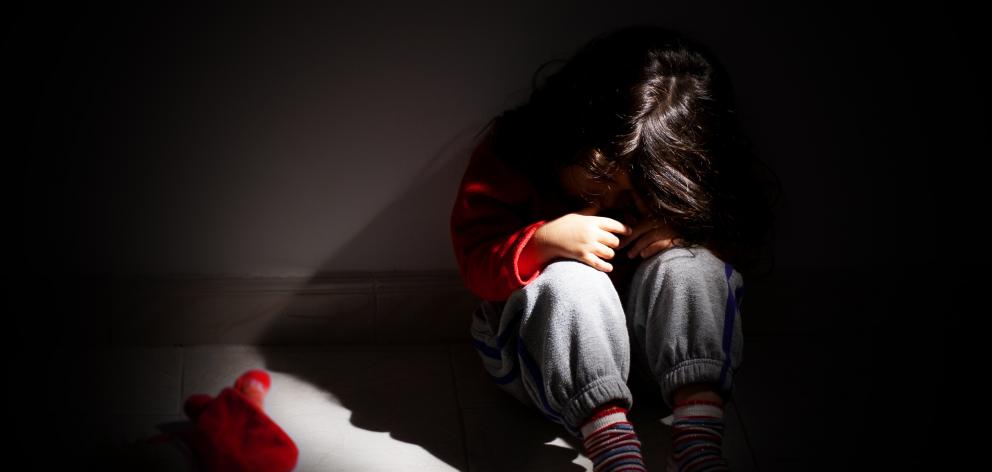
After 15 weeks of public hearings and hundreds of interviews with survivors, the Royal Commission of Inquiry into Abuse in Care has released He Purapura Ora, he Mara Tipu — From Redress to Puretumu.
The large report featured 95 recommendations about improvements required to improve the way abuse claims were dealt with, describing the current system as ‘‘unquestionably failing’’ survivors.
It described its recommendations as more ambitious than any other redress system or scheme that has been established overseas.
It also featured personal stories from survivors about their experiences, including multiple accounts of abuse suffered in Otago and Southland.
The South, and Dunedin in particular, is considered one of the country’s epicentres for child sexual abuse.
The report outlined the need for a new scheme, the Puretumu Torowhanui system, to be established to restore the power, dignity and standing of those affected by abuse in care, without them having to go to court, as well as taking effective steps to prevent abuse.
The commission found the current redress processes for survivors were ‘‘unquestionably failing to produce fair, consistent or adequate outcomes for them and others affected by abuse in care’’.
‘‘They are not designed in conjunction with survivors and affected communities or guided by any consistently applied principles, they fail to meet the needs of survivors, and they do nothing to prevent further abuse.’’
It envisaged a system that would include better support services for survivors and their whanau, increased financial payments for survivors, training for those working with survivors, better monitoring of, and reporting on, abuse, and memorials and other projects to honour survivors and remember abuse.
‘‘Importantly, we also recommend that there be public acknowledgement of, and apologies for, the tukino, or abuse, harm and trauma, that occurred and the impact it had.’’
Those apologies should come from the Governor-General, Prime Minister and the heads of relevant faith-based institutions and indirect State care providers.
The Government should consider funding a national project to investigate potential unmarked graves and urupa or graves at psychiatric hospitals and psychopaedic sites, and to connect whanau to those who may be buried there, the commission recommended.
The Crown should also immediately set up and fund a mechanism to make advance payments to survivors who, because of serious ill health or age, were at significant risk of not being able to make a claim to the puretumu torowhanui scheme.












